Good evening. The dynamics of the U.S.-China relationship are always clearest when you drill down deep into the nitty-gritty details of life. Take whatever screen you’re reading this on, which is hugely reliant on rare earth minerals mostly mined in China. Or that Christmas ornament you just ordered on Amazon, which for some strange reason was shipped all the way from China. This week, we’re clarifying supply chains and mail logistics, as well as talking with former Australian PM Kevin Rudd, looking at SoftBank’s China investments, and rounding up the best China books for President-elect Joe Biden.
If you’re not already a paid subscriber to The Wire, please sign up here.
Want this emailed directly to your inbox? Sign up to receive our free newsletter.
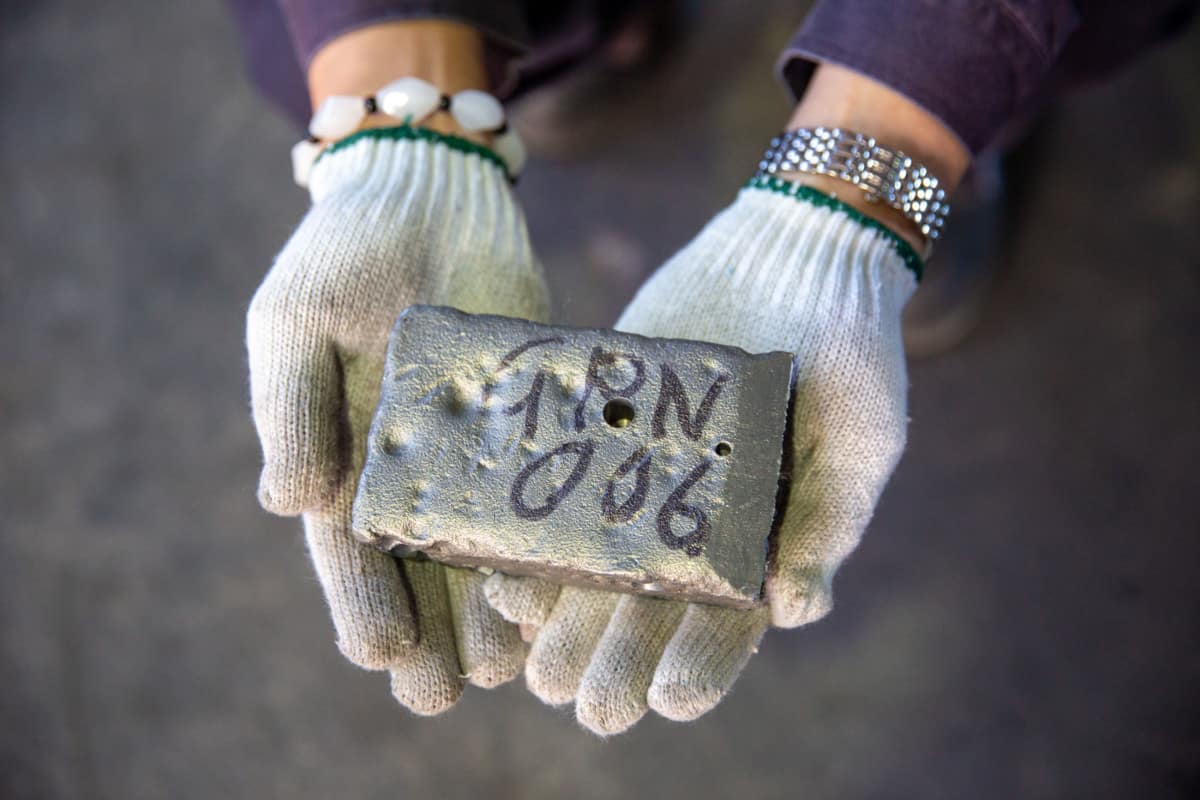
Credit: Sim Chi Yin via Magnum
Mining’s Makeover
For more than a decade, the U.S. has been sounding the alarm about China’s stranglehold over rare earth metals, which are essential building blocks for almost all modern technology and defense needs. Even today, the U.S. still imports 80 percent of its rare earths from China. But new U.S. investments and new operations at a mine in California indicate the U.S. might finally be poised to do something about it. The question, Brent Crane asks this week for The Wire, is: Can it succeed?
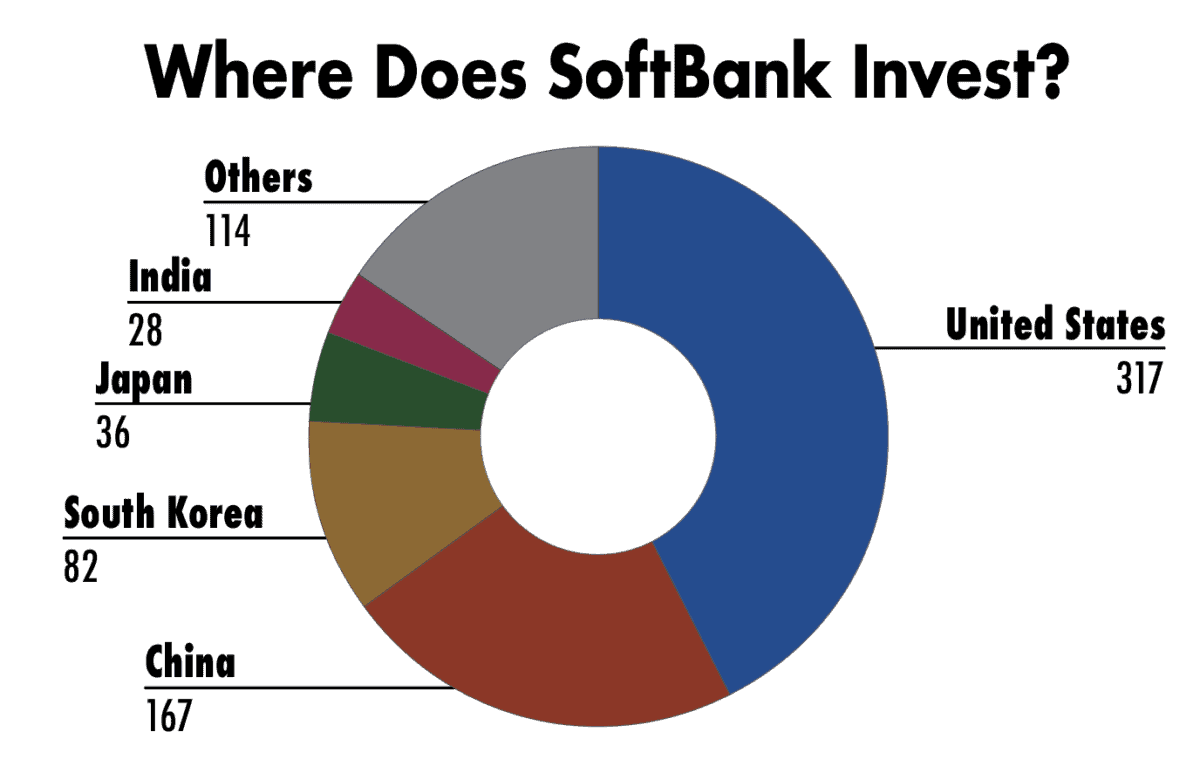
Data: Pitchbook
The Big Picture: SoftBank’s Betting on China — and the U.S.
Softbank, it seems, only has two modes: big wins and big losses. The international investment firm suffered billions in high-profile losses over the past year, and then its signature Vision Fund announced its best-ever quarter in September. The Japanese investor has a heavy stake in China, and this week, The Wire took a step back to see the plethora of investments that SoftBank has made over its nearly four decades — zooming in on some key investments and partners in China’s orbit.
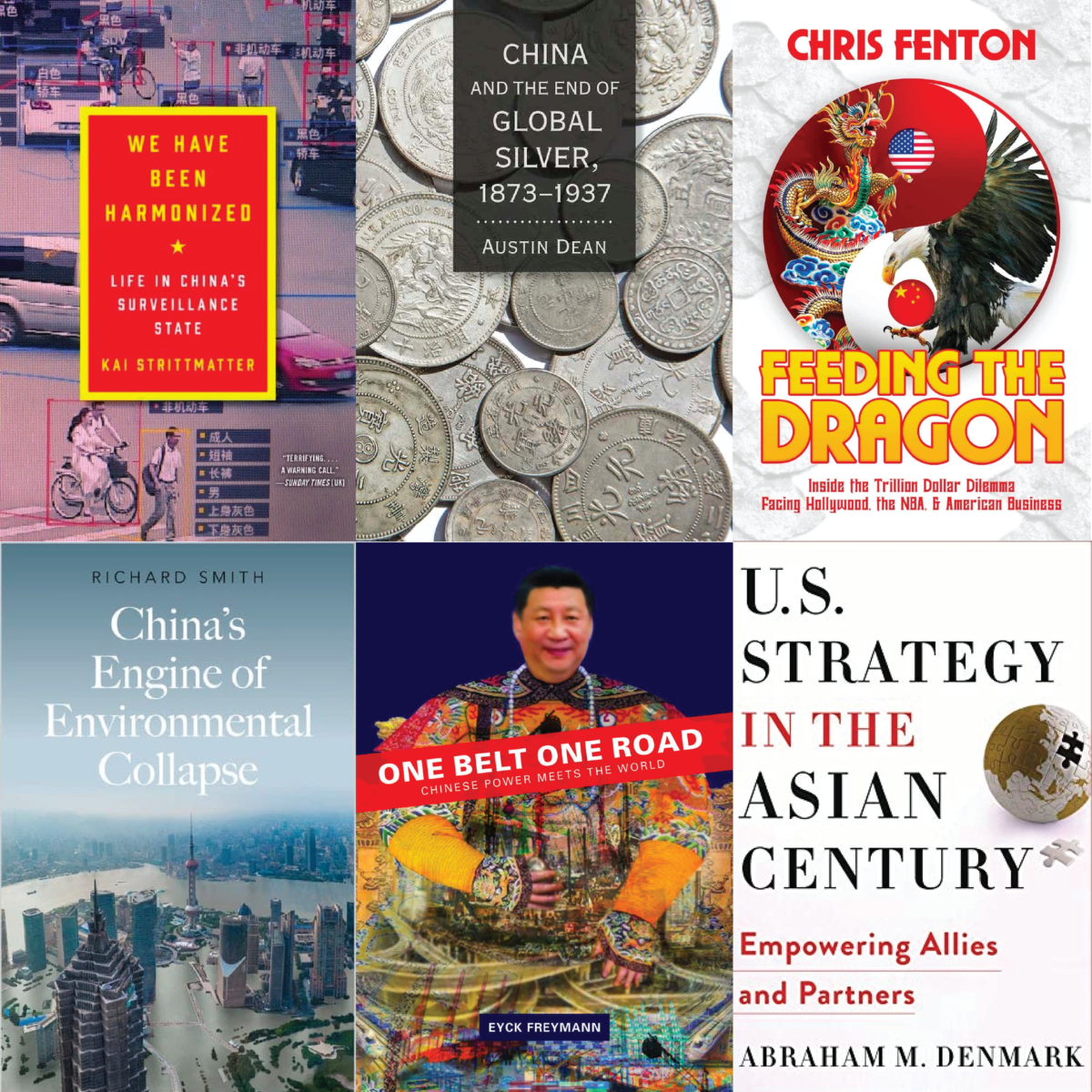
China Books for a New President
As the new president-elect, Joe Biden has a chance to reset relations with China and perhaps stop the chills of a second cold war. Yet the nature of the trans-Pacific relationship has altered permanently, and the new geopolitical realities mean that the U.S. is likely to be just as tough on China as it has been — even with a new administration in place. In his selection of new China titles this month, Alec Ash attempts to take in the wide scope of challenges that face America and other Western democracies as they confront those new realities: political, technological, financial, environmental, and business-oriented.
A Q&A With Kevin Rudd
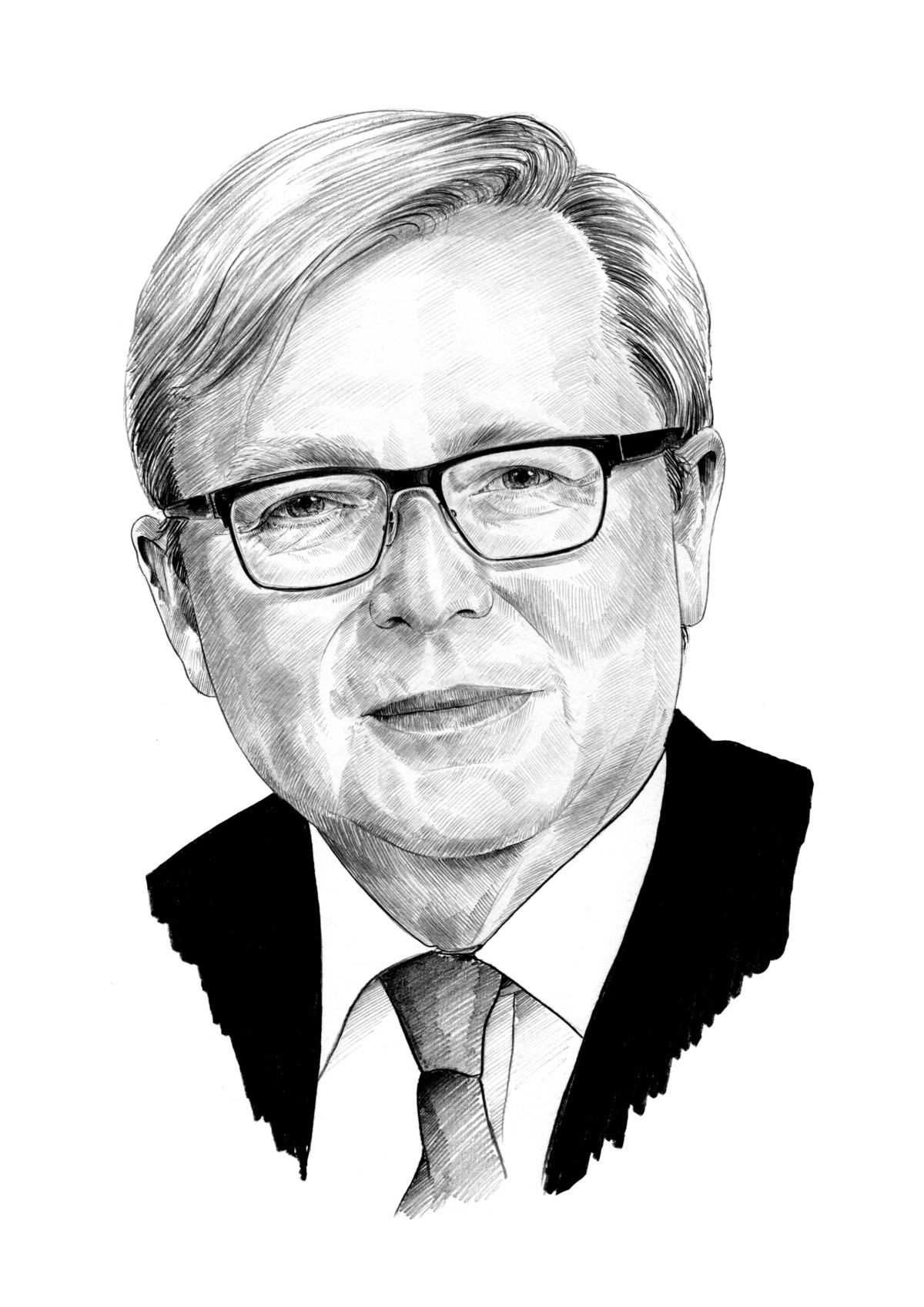
Kevin Rudd is the former prime minister of Australia and a longtime China researcher and analyst. In this week’s interview with The Wire’s Eli Binder, he wears both his political and academic hats to answer questions about Australia’s increasingly fraught relationship with China, as well as how to think about the U.S.-China dynamic. He has strong feelings about using the “cold war” label, advice for liberal democracies trying to deal with China’s rise, and reflections on the CCP’s “electric sensitivity” to the open discussion of its history.
Kevin Rudd
Illustration by Lauren Crow
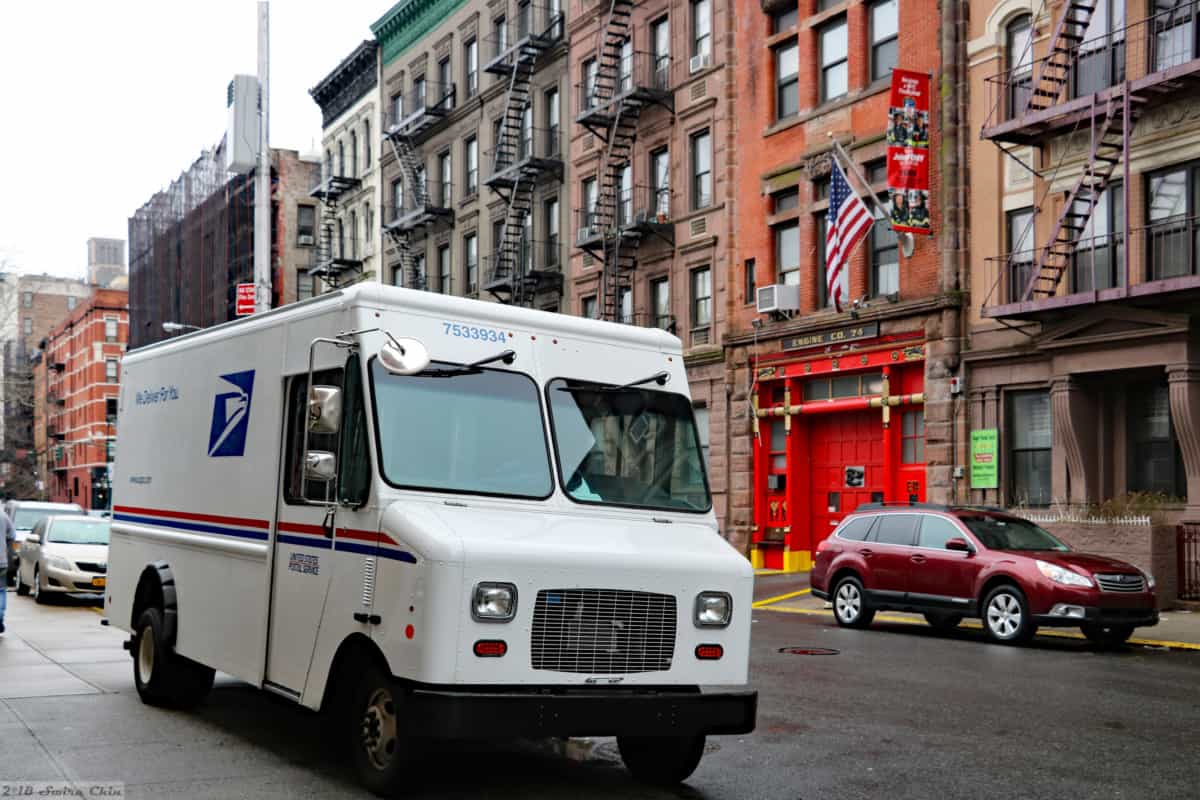
Credit: Can Pac Swire, Creative Commons
Delivering China’s Mail
Have you ever ordered something from Amazon and been surprised when your purchase arrives in a small package from China? This week, The Wire‘s Eli Binder reports on the little-known relationship between the China Post, the country’s state-run postal service, and the U.S. Postal Service, and why small entrepreneurs in China are able to compete with America’s big box retailers. To get a sense of the scale of the direct-from-China boom consider this: in 2019, the USPS processed and delivered roughly 270 million small parcels brought to the U.S. by China Post — up from about 45 million in 2014.
Subscribe today for unlimited access, starting at only $19 a month.



